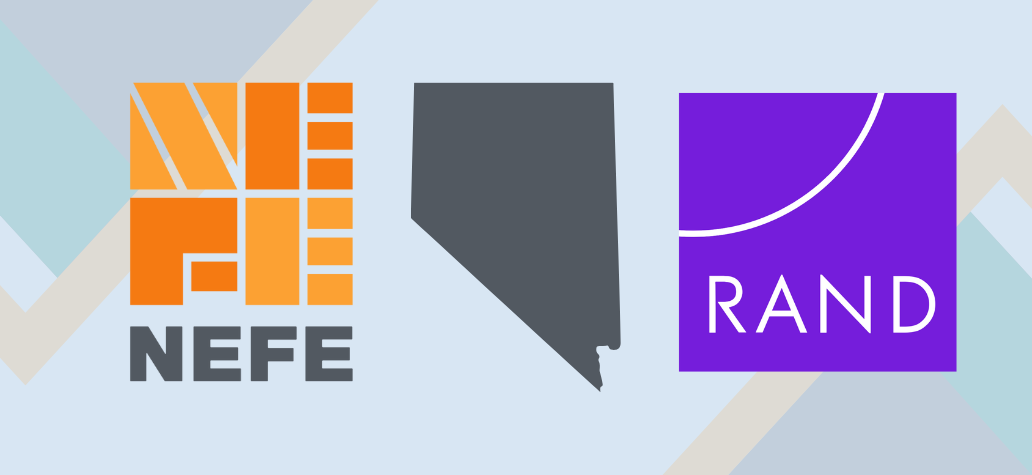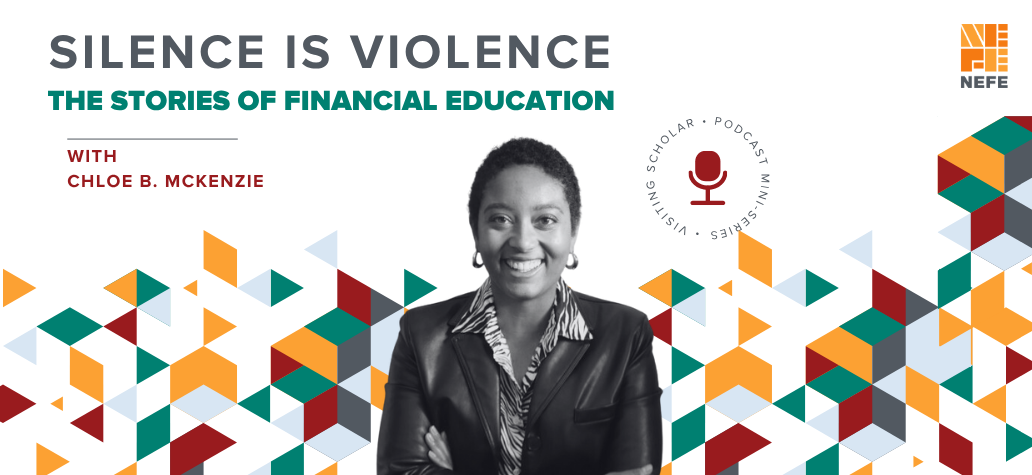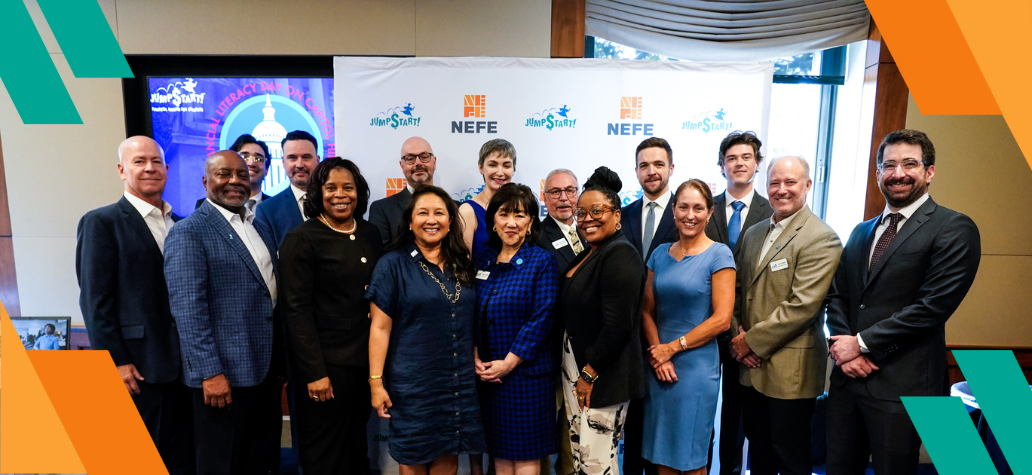DENVER—A new study funded by the National Endowment for Financial Education® (NEFE®) provides insight into the challenges many decision makers will face as legislation for financial education requirements has now passed in over half the states. RAND, recipient of multiple NEFE research grants, recently completed its project and published Implementation of Nevada's Financial Literacy Mandate, an examination of the state’s financial literacy requirements from third grade to 12th grade. NEFE continues to fund, support and promote the work of organizations developing projects for the financial education and financial well-being fields and has been heavily involved in work focused on implementation and effectiveness for several years.
“NEFE’s grant recipients receive more than just money when they work with us. They receive support and collaboration from an experienced staff and the opportunity to utilize our resources to promote their project’s success through different avenues. RAND’s work is the latest example of how research can help pave the way for others to succeed in financial education effectiveness. When we select projects and organizations for funding, it is the expectation that they deliver high-quality work like this.”
Billy Hensley, Ph.D., president and CEO of NEFE
In 2022, NEFE awarded RAND, a nonprofit research organization, a $199,414 grant to evaluate the efficacy of Nevada’s statewide financial education mandate installed in 2017 for students in third grade through 12th grade. The project’s goal was to build foundational knowledge on the implementation process and identify best practices for educators and leaders in other states to consider, using data from a teacher survey, focus groups, interviews and financial literacy programs. Key findings include:
- The majority of study participants reported that they believe financial literacy education is important, but they had limited confidence that students were learning the state’s financial literacy standards.
- Teachers reported a need for more and better financial literacy instructional materials, including culturally relevant teaching materials.
- Teachers may need more training on how to teach financial literacy. Most teachers reported receiving no training or noted that they felt underprepared to teach financial literacy.
- Elementary school teachers reported greater needs for instructional materials and pressure to cover other content than did teachers in other grade levels.
“We are grateful to NEFE and our state partner for the support to carry out this research. It was encouraging to see the interest of Nevada’s leaders and teachers in building students’ financial literacy and we hope the takeaways from this research can be used to strengthen financial education in Nevada and elsewhere,” says Christine Mulhern, Ph.D., economist with RAND.
RAND’s research complements NEFE’s policy and advocacy efforts to promote the importance of K-12 financial education graduation requirements at the state level. To date, 26 states have passed legislation, with many doing so within the last two years and are now in the implementation phase to determine how they will incorporate the curriculum into existing course work. Among other important decisions are how states will train teachers and how they will fund this work.
“RAND’s research could not have come at a better time. Some states that recently passed legislation requiring financial education instruction find this may have been the smoother part of the process. The implementation phase offers challenges, so the more decision makers can learn from each other through studies, surveys and reports, the better the chance for everyone to succeed,” Hensley continues.
NEFE’s grant to RAND is one of 44 projects the organization has funded since 2006. To date, NEFE has allocated over $6.7 million for rigorous, innovative and actionable research that increases the field’s body of knowledge, provides insight into financial behavior and contributes to a better understanding of effective educational practices. Completed and published projects are available as resource material for current and future research projects.
The research community is one of many audiences invited to NEFE’s interdisciplinary Financial Education Innovation and Impact Summit. The event will be held October 8-10, 2024, in Denver and will focus on financial education quality, access and impact, as well as keynote addresses from renowned voices within the field. Registration is open until August 30, 2024.
Read more on NEFE’s research funding priorities and strategy.



